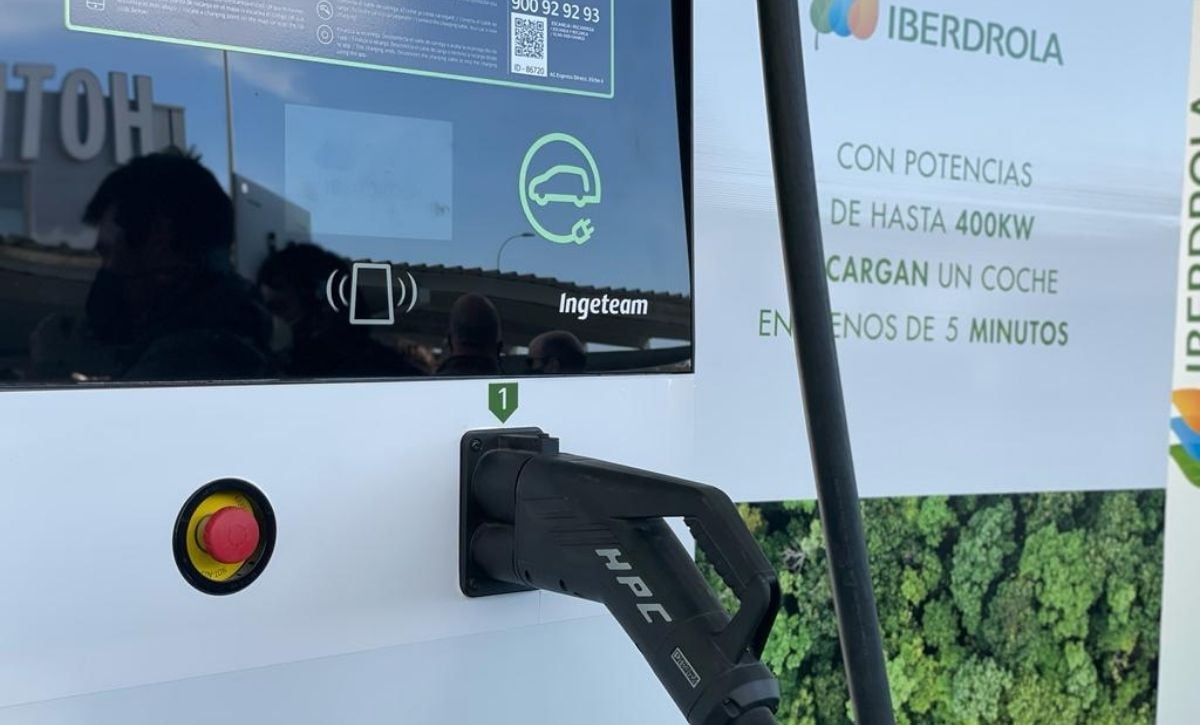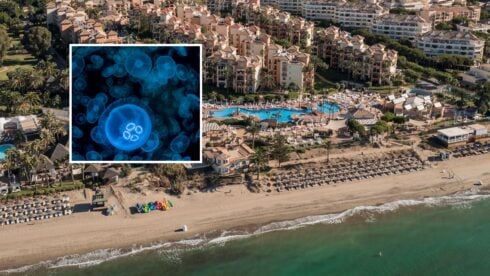By Livia Cockerell
THE regional government in Spain’s Andalucia has drafted a plan to install 12 charging points for electric cars at 12 ports of Andalucia.
The project is set to cost over €78,500 and will be funded by European REACT-EU funds.
Three ports on the Costa del Sol (Marina La Bajadilla, Caleta de Velez and Fuengirola) will have new charging points installed.
This project is part of the national scheme to tackle climate change and achieve carbon neutrality by 2050. Spain’s electric car project offers customers up to €7,000 towards the purchase of an electric vehicle.
Andalucia’s new scheme hopes to further incentivise the movement away from fossil fuels and towards the use of green energy.
The cash to be spent is a drop in the ocean compared to private sector investment.

Repsol has pledged to spend €42.5 million installing 610 electric recharging points at its service stations in Spain and Portugal.
The project is part of the multi-energy company’s goal of reaching 1,000 public re-charging points by the end of 2022. The current recharging network consists of over 350 points.
The aim is to have a point every 50 kilometers along the main road corridors of the Iberian Peninsula. Repsol says that the move is a step forward towards it becoming carbon neutral by 2050.
The 610 electric recharging points (18 ultra-fast and 592 fast) will be located at 577 Repsol service stations in Spain and 33 in Portugal, along the Mediterranean and Atlantic corridors.
The installed capacity of the fast and ultra-fast recharging points will be 50 kW and 180 kW, respectively.
All of Repsol’s electric recharging points are guaranteed to provide 100% renewable energy. In a statement, Repsol claimed to be ‘the leader in fast charging at service stations in the Iberian Peninsula’.
READ MORE:
- What you should know before buying an electric car in Spain
- Car giant Volkswagen to produce electric car batteries at new site in Spain’s Valencia area
- Grants of up to €7,000 should soon be available for buyers of electric cars in Spain’s Valencia region
Click here to read more Environment News from The Olive Press.









Even peanuts of 78,500 Euros need a full funding by EU funds? Is Spain not able to fund its Carbon neutral infrastructure by itself, while enough money seems to be available for unused airports, empty highways and highspeedtrains.